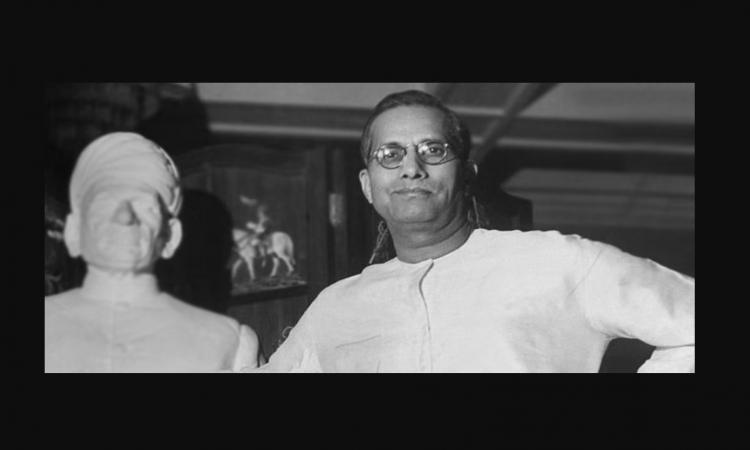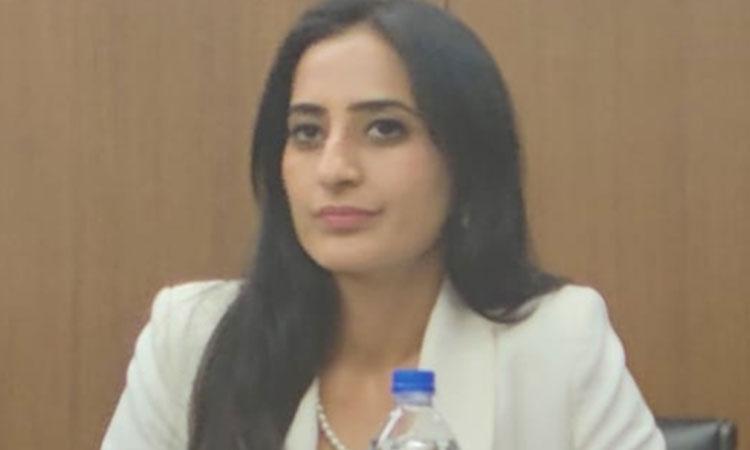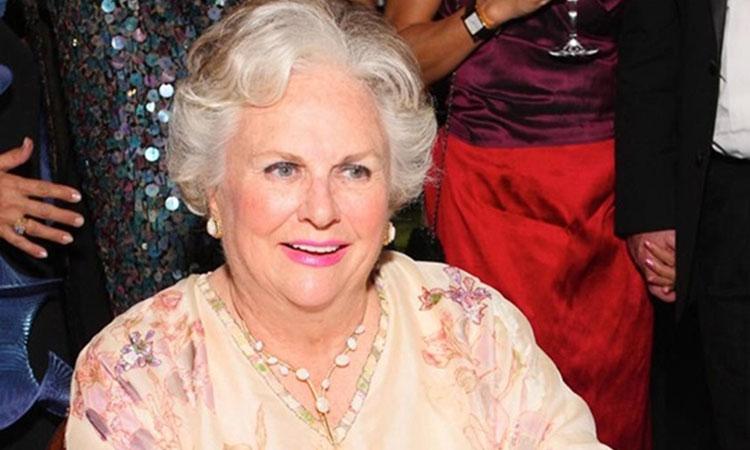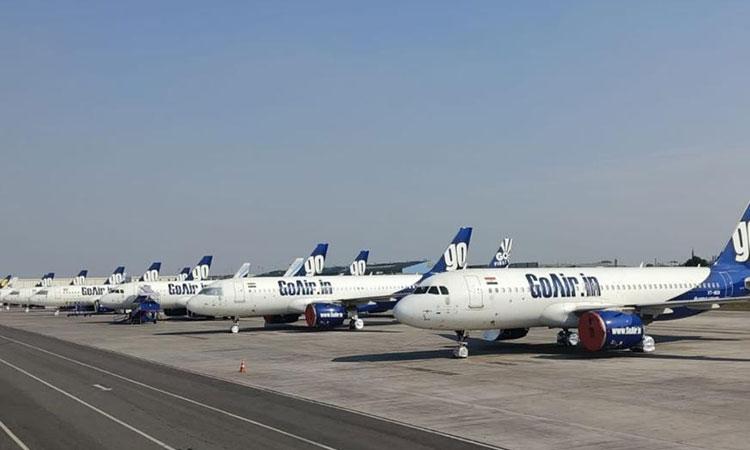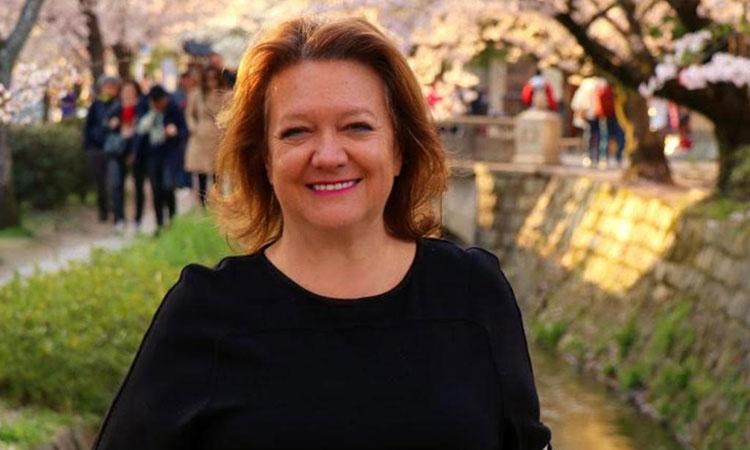Ghanshyam Das Birla was a noted industrialist of India and the founder of the Birla Group. The M. Birla Group has assets of over RS 195 billion. He also had an invaluable contribution during the freedom movement. During the independence movement, he requested the capitalists to support the national movement, and strengthen the Congress.
Ghanshyam Das supported the Civil Disobedience Movement and also provided financial support for the national movement on several occasions. Along with this, he also opposed social evils and became president of Harijan Sevak Sangh under the leadership of Gandhi in 1932.
He was a close friend, mentor and associate of Mahatma Gandhi. The core business of the Birla Group, founded by him, spans sectors such as textile, filament yarns, cement, chemical materials, electricity, fertilisers, telecommunications, financial services and aluminium.
Ghanshyamdas Birla was born in a Marwari family on April 10, 1894, in Pilani Village, Rajasthan. His grandfather Shiva Narayan Birla had moved away from the traditional business of the Marwari community, 'Shaukari/ Pledge', to develop trade in different areas. Ghanshyamdas' father Baldevdas ( who was an adopted son from the Nawalgarh Birla family), along with his nephew Phoolchand Sodhani, had earned money in the opium business. In this business, Ghanshyamdas' elder brother Jugal Kishore also earned a name.
Ghanshyamdas inherited the family business and industry, which he expanded into different fields. He wanted to turn the family,s traditional 'moneylender' business into manufacturing, so he moved to Kolkata. Going there he established a jute company as Bengal was the largest producer of jute.
The already established European and British merchants were angry with Ghanshyamdas and tried to stop his trade unethically, but Ghanshyamdas had decided to build his empire and no one could break his dream.
During World War 1, when there was a shortage of supply throughout the British Empire, Birla's business flourished at that time.
In 1919, he established 'Birla Brothers Limited' with a capital of 50 lakhs and in the same year a mill was also established in Gwalior by Ghanshyamdas Birla.
In 1926, he was elected to the Central Legislative Assembly of British India. In 1932, he, along with Mahatma Gandhi, founded the Harijan Sevak Sangh in Delhi.
In the 1940s, he ventured into the car industry by establishing 'Hindustan Motors'. After the independence of the country, Ghanshyamdas Birla bought several erstwhile European companies and invested in the tea and textile industry.
He also expanded the company into sectors such as cement, chemicals, rayon, steel pieces. During the Quit India Movement, Ghanshyamdas Birla got the idea to set up a commercial bank.
Thus, United Commercial Bank was established in Kolkata in 1943. It is one of the oldest commercial banks in India and is now renamed as UCO Bank.
In 1943, Ghanshyam Das Birla established Birla Engineering College' (renamed as Birla Institute of Technology and Science in 1964) in Pilani and 'Technological Institute of Textile and Sciences' in Bhiwani.
Both these Institutions fall in the category of the highest engineering institutes, a residential school (named after the Birla family) and several polytechnic colleges. G.D. Birla Memorial School Ranikhet (which is one of the best residential schools in the country) was also established in his memory.
In 1957, the Government of India honored him with the Padma Vibhushan, the second-highest civilian honor in the country.

